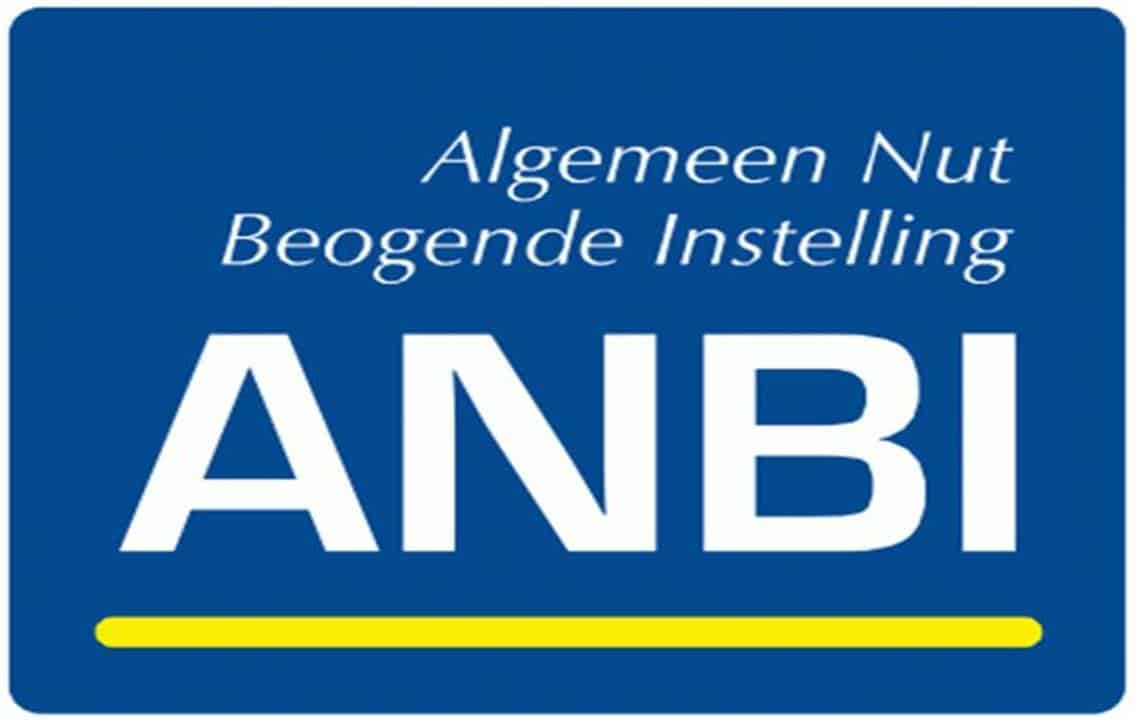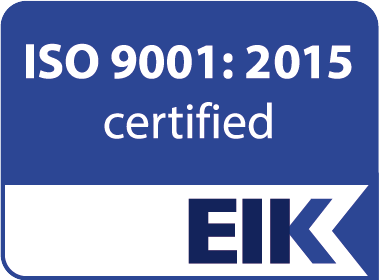Human Security Collective is contributing to opening civic space by building trust between communities and civil society through more inclusive practices. Under the Civic Horizons project, we support civil society organizations in collaborating with community members to drive transformative changes through participatory action research and community-led initiatives. These actions amplify voices, promote civic engagement, contribute to building resilience, and ensure community members are more appreciative of what human rights mean in daily life. In total, 16 initiatives have been implemented in Morocco, Tunisia, Libya, Jordan, Iraq and Lebanon. Below are the impactful initiatives driven by local communities across Tunisia, Morocco, Iraq, and Lebanon:
Tunisia
In Saida, Tunisia, community members experience various daily forms of violence. In response, young people in the neighbourhood are taking charge of their community through impactful initiatives that seek to strengthen the resilience of children and teenagers. The Summer in Our Neighborhood Youth Camp brought together over 30 children and teenagers for a series of engaging workshops on creativity, teamwork, and leadership. One of the key outcomes of the camp was the formation of the Saida Manoubia Scouts Regiment, a youth-led initiative designed to foster local youth leadership and engagement within the community. The regiment will sustain activities for and with children in the neighbourhood. The Saida Manoubia Scouts Regiment held its first camp shortly after, bringing together over 20 young scouts for an immersive experience that focused on teamwork, confidence-building, and developing a strong sense of community spirit.
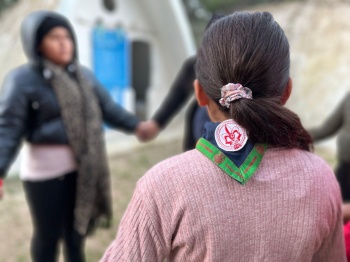

On the left participants of the Saida Manoubia Scouts Regiment, building leadership skills and community spirit through teamwork. To the right young participants engaging in activities during the Summer in Our Neighborhood camp.
Morocco
In Mohammedia, Morocco, stories on security in the neighbourhood highlighted the importance of public green safe spaces. Therefore the two initiatives focused on environmental sustainability and brought together the community. Community members, alongside civil society organizations, and the municipality, revitalized Al Wehda Park, transforming it into a safer, more accessible space for everyone. A second initiative saw pupils, in collaboration with local schools and civil society, turn abandoned spaces into green areas, empowering pupils to take action on environmental issues within their schools. Meanwhile, the municipality has contracted an enterprise to revitalize all the remaining green spaces in the city.
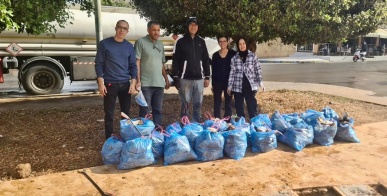
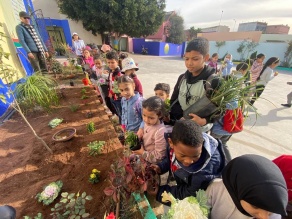
Left: Community members, civil society organizations, and the municipality joining forces to revitalize Al Wehda Park, creating a safer and greener public space. Right: Young pupils transforming abandoned spaces into green areas, taking action on environmental sustainability within their schools.
Iraq
The Participatory Action Research carried out in Mosul highlighted the impact of environmental security on the everyday life of citizens and their sense of security in general and health security. In the neighbourhoods of Shereikhan and Rachidiya, two community-driven initiatives are fostering environmental awareness and sustainable practices. Local farmers took part in workshops on sustainable farming, learning to turn animal waste into organic fertilizers, improving crop yield and contributing to eco-friendly practices. Meanwhile, students and teachers collaborated on the ‘My School is Eco-Friendly’ initiative, transforming their schools into greener spaces through environmental awareness activities and clean-up campaigns.
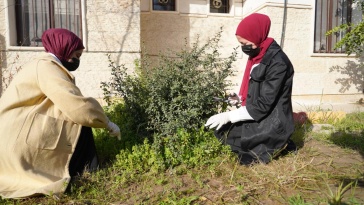
Left: Students and teachers transforming schools into greener spaces through environmental awareness and clean-up campaigns. Right: Farmers in Mosul turning animal waste into organic fertilizer for sustainable farming.
Lebanon
During the Israel-Lebanon war in 2024, civil society actors in the villages of Fakiha and Jdeideh in Lebanon, adapted their previously designed initiatives to support their communities. They have focused on empowering youth and preserving cultural traditions. In Fakiha, a mentorship program equipped youth and women from different religious communities with skills in traditional food production, helping them prepare local dishes and produce food items while promoting financial independence. Meanwhile, in Jdeideh, volunteers, civil society actors, and local school directors transformed schools-turned-shelters into vibrant spaces of hope through arts and games, offering emotional relief to displaced children and fostering community spirit.
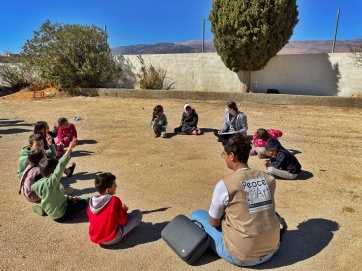
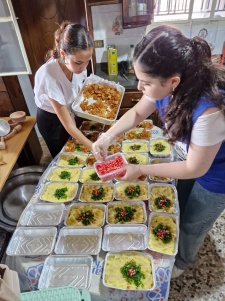
Right: Volunteers and educators in Jdeideh transforming shelters into vibrant spaces of hope for displaced children through arts and community projects. Left: Youth and women in Fakiha learning traditional food production, promoting cultural heritage and financial independence.



